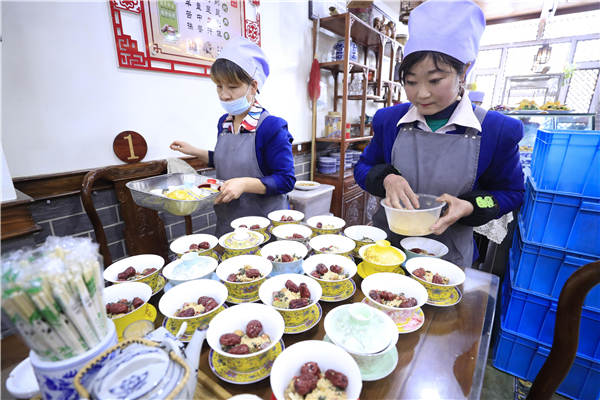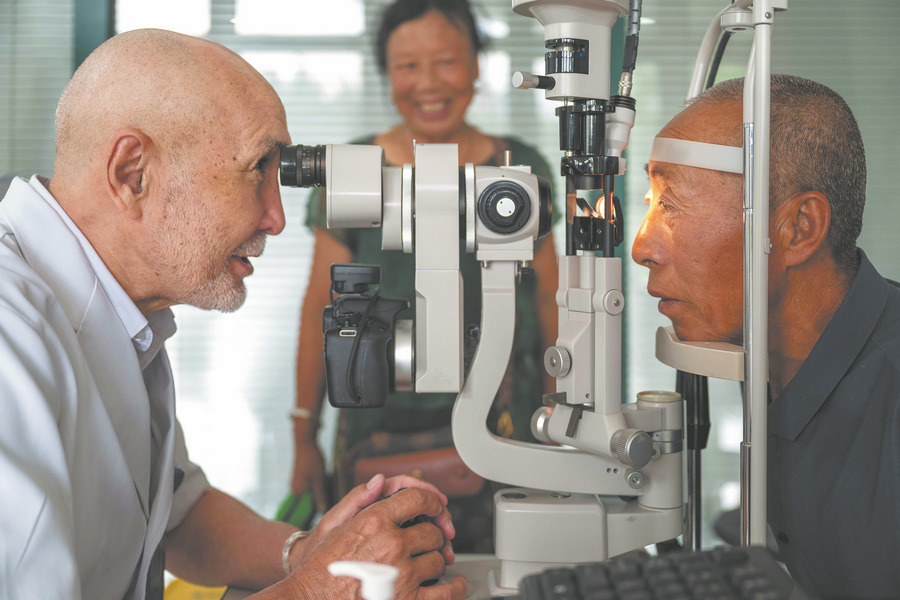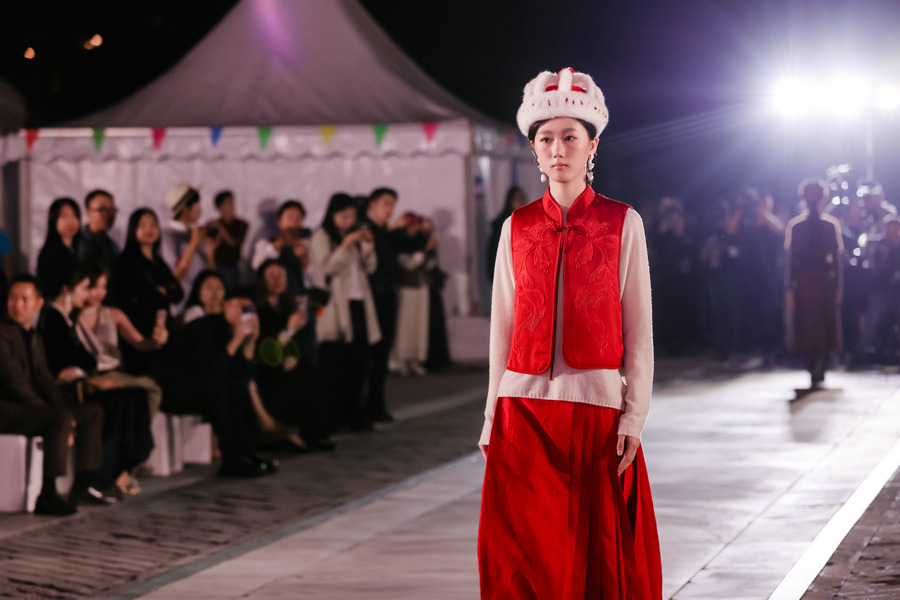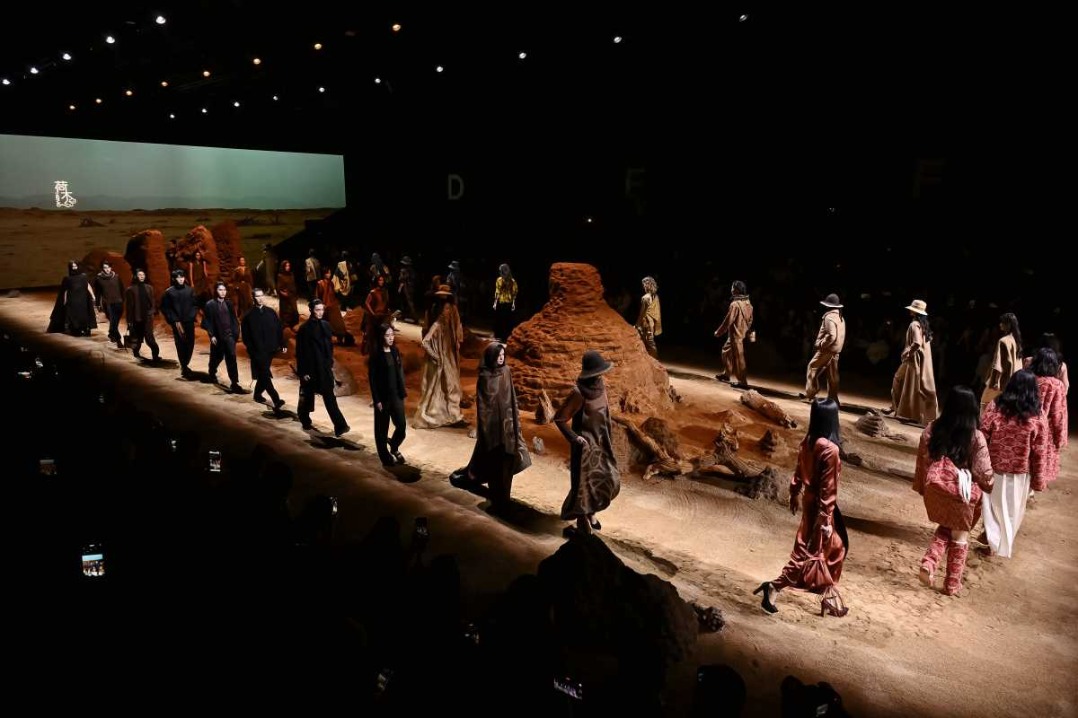Wuzhong's favored ritual brews big bucks


For over 300 days a year, 65-year-old Ma Jun starts his day at a restaurant serving morning tea, a local tradition similar to Cantonese dim sum or Western brunch.
"I chat with friends and eat through the whole morning," Ma says.
Morning tea is a ritual for many locals in Wuzhong, a city situated in the middle of Northwest China's Ningxia Hui autonomous region.
Wuzhong had been a bustling trade city on the ancient Silk Road, with the majority of its population engaging in trade or related businesses. Today, it is an important node city of the new Silk Road Economic Belt.
Ningxia people have their own way of drinking tea, a beverage favored in China since ancient times. Unlike most regions that brew tea leaves in a teapot, Ningxia locals serve it in a covered tea bowl, similar to a tureen. The tea is a mixture of eight ingredients and is called babao cha, or eight treasures tea.
"Local ethnic groups have been boiling tea leaves with red dates, wolfberries and dried fruit since the Tang Dynasty (618-907)," says Jing Hongjun, secretary-general of the Wuzhong Restaurant Association. "A gulp of babao cha was refreshing for merchants traveling on the Silk Road."
But the modern practice of morning tea in Wuzhong only emerged after hand-pulled noodles, popular street food from Lanzhou, capital of neighboring Gansu province, conquered the hearts and stomachs of foodies in Ningxia in the 1980s.
Yang Defu was among the first to open a hand-pulled noodle restaurant in Wuzhong.
"The restaurant was just a food stand in the beginning and soon expanded into an eatery of more than 20 square meters. It was flooded with customers every day," says Shan Xiaodong, Yang's son-in-law.
The noodle restaurants later began serving babao cha, side dishes and popular snacks, such as fried dumplings and steamed stuffed buns, to customers, facilitating the rise of Wuzhong's morning tea culture.
As a way to kill time or for casual business meetings, babao cha, hand-pulled noodles, several kinds of pastries and a few side dishes have now become an integral part of daily life for many locals.
Ding Xuebao, who is with the city's business and investment promotion bureau, says there are more than 500 morning-tea restaurants across Wuzhong, generating a combined annual revenue of 1 billion yuan ($155 million) last year and accounting for one-fifth of the total revenue in the catering sector. The morning-tea industry has also created over 10,000 jobs.
Ma Baojun, owner of a morning-tea brand, says that their main customers on weekdays are retired individuals and businesspeople, while reservations are usually needed on weekends.
"Morning tea is not only a part of catering culture, but it has also become a popular social practice among the younger generations," Ma Baojun says.
Official data shows that more than 500,000 customers sampled morning tea in Wuzhong during this year's five-day May Day holiday.
"The mutton, beef and noodles served during morning tea have significantly spurred the development of local agriculture and husbandry industries. And babao cha has also become a star product in Wuzhong," Jing says.




































